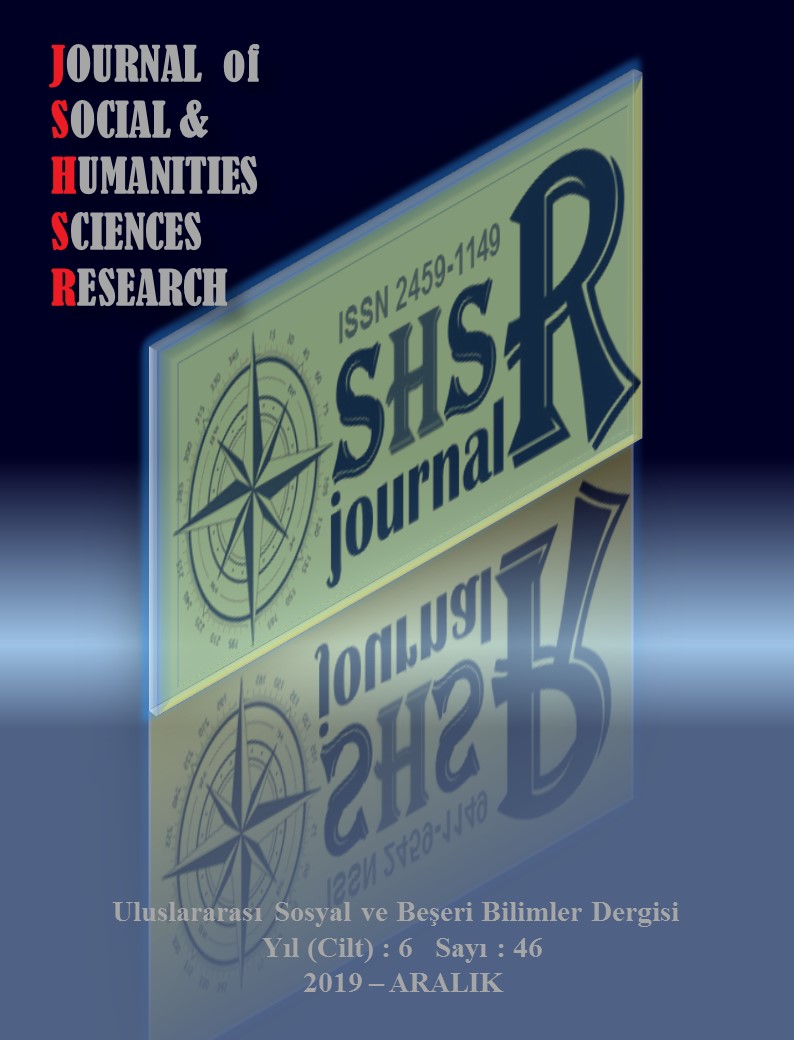EVALUATION OF HATAY VOCATIONAL SCHOOL OF HEALTH SERVICES STUDENTS' SPIRITUAL SUPPORT PERCEPTIONS
DOI:
https://doi.org/10.26450/jshsr.1617Keywords:
Spiritual Support, Student, Spiritual CareAbstract
The most comprehensive approach adopted in health care practice is the holistic approach. According to the holistic approach,
the individual has physical, emotional, psychological, socio-cultural and spiritual dimensions. These dimensions are
interrelated and interdependent. In order to maintain a healthy life, these needs must be defined and met.
Spiritual care covers a large and important part of psycho-social rehabilitation. Spiritual care is to be able to provide religious
and social support to individuals in situations such as illness, surgery, disability, natural disasters, sudden crises or old age in
cases of grief, sadness, fear of loneliness and despair. It is also described as advising individuals to help them to carry out their
worship by assisting with their possible questions and problems.
The universe of our study consists of 198 students who are accepted to study in Hatay Vocational School of Health Services.
In the study 66.7% of the participants were female. 62.6% of the participants stated that they knew spiritual support and 79.8%
of the participants stated that they had never received any training before. 92.4% of the participants stated that spiritual support
was necessary, 91.9% of the participants stated that they care about spiritual support, 79.3% stated that they applied moral
support to their patients.
In the study, it was concluded that half of the students did not know about moral support, majority of them did not receive
training in spiritual support, but they could contribute to the improvement of patients in practice.
Downloads
Published
How to Cite
Issue
Section
License
Copyright (c) 2019 INTERNATIONAL JOURNAL OF SOCIAL HUMANITIES SCIENCES RESEARCH

This work is licensed under a Creative Commons Attribution 4.0 International License.


